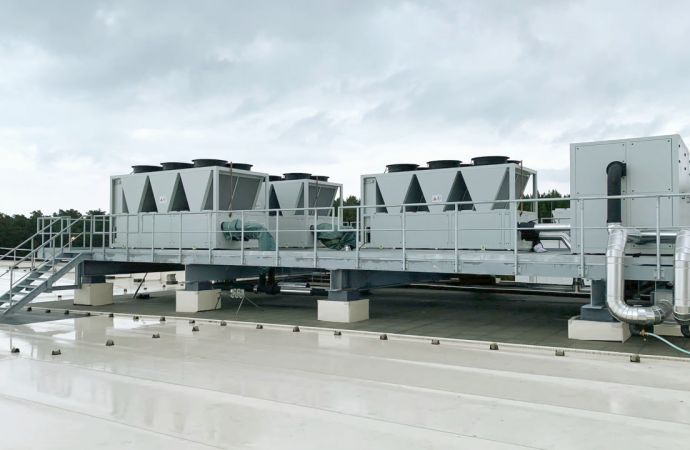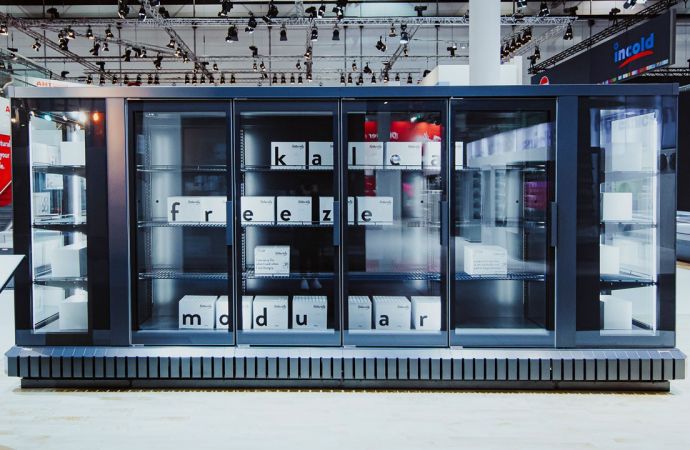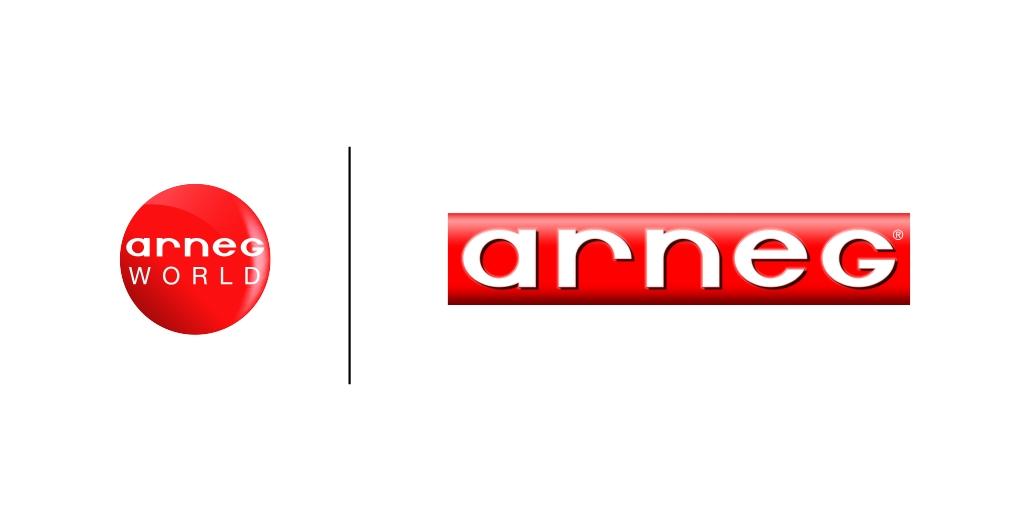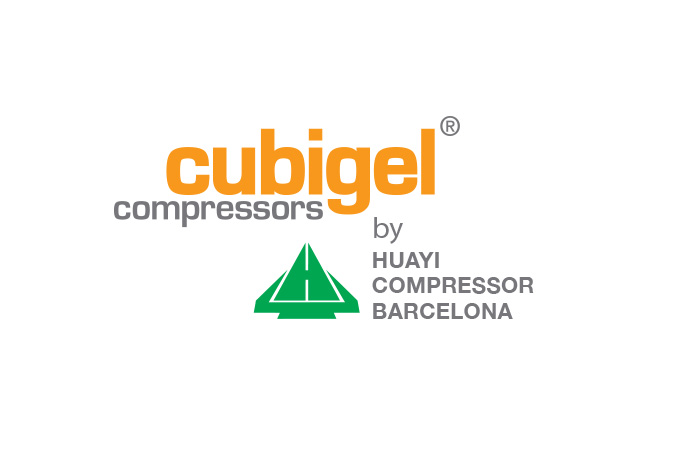At first ATMOsphere Iberica, speakers tout advantages of CO2 and hydrocarbon applications in Spain, Portugal and Latin America.

Addressing the inaugural ATMOsphere Iberica, held 24 Ocotober in Madrid, Spain, industry, public representatives, end users and academics spoke about the business case for natural refrigerants in Spain and Portugal, pointing out main technology trends and the need for training.
Antonio Antoñanzas, CEO of EXKAL’s – a Spanish manufacturer of commercial refrigeration cabinets – presented the company’s long track record of using natural refrigerants, noting that it has manufactured more than 2,000 CO2 cabinets so far.
In addition to the Spanish market, EXKAL is also present in Latin America. This summer, the company equipped an Éxito store in Bogotá – one of the first CO2 projects carried out in Colombia.
We need a portfolio of solutions based on natural refrigerants for each application, and the commitment from the European industry to take leadership in the development of cooling technologies using naturals.”
- Professor Jose Manuel Corberán, Polytechnic University of Valencia
"Sustainability is what drives our company,” said Antoñanzas.
CO2 was also touted by Julio Corrales of Arneg, which has 20 manufacturing plants around the globe, supplying technologies to countries with all types of climate conditions. “The use of additional technologies to boost energy savings, such as ejectors, makes CO2 a more competitive solution compared to a subcritical installation in warm climates,” said Corrales.
Corrales advised end users to look at their depreciation plans, and once the equipment is depreciated, change to naturals.
The presentation of Professor Jose Manuel Corberán from the Polytechnic University of Valencia was focused on heat pumps. “CO2 heat pumps are a very good solution, and there are already solutions available in the market,” he said.
‘We need a portfolio of solutions based on natural refrigerants for each application, and the commitment from the European industry to take leadership in the development of cooling technologies using naturals,” noted Corberán.
Pedro Olalla, Huayi Compressor Barcelona’s VP general manager, gave insights into its wide range of hydrocarbon compressors. Olalla sees the future of refrigeration mainly relying on hydrocarbons, CO2 and HFOs after 2022. However, he said, “At Huayi we see hydrocarbons as the refrigerants of the future. Hydrocarbons improve efficiency, and therefore they boost the overall efficiency of the system as well.”
In 2018, the compressor manufacturer expects to increase hydrocarbon compressor sales by 60% compared to the volume in 2008.
“Natural refrigerants are directly linked to a decrease in energy consumption,” said Olalla.
Huayi hydrocarbon compressors’ COP has also improved by 73% since 2001.
Corrales of Arneg – a company focused on the design, manufacture and installation of equipment for the retail sector – also sees the potential for hydrocarbons because their required refrigerant charge and GWP are lower than alternatives.
Regarding training, Ramon Cabello, professor at the Jaume I University, highlighted the need to develop a specific regulation on natural refrigerants. According to Cabello, there are still some topics that need to be better defined, such as the qualifications of teachers/trainers.
To see the presentations, click here.
Related stories





